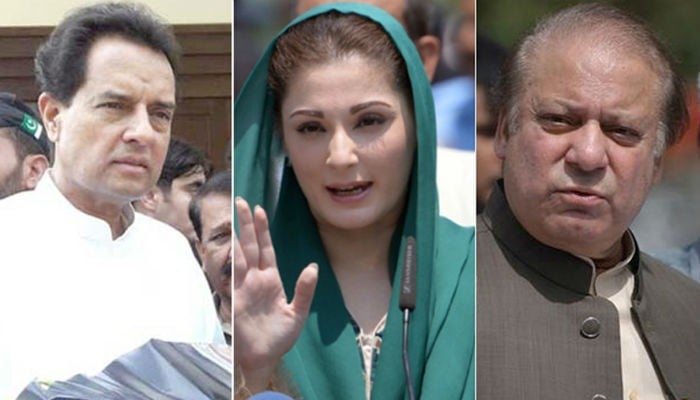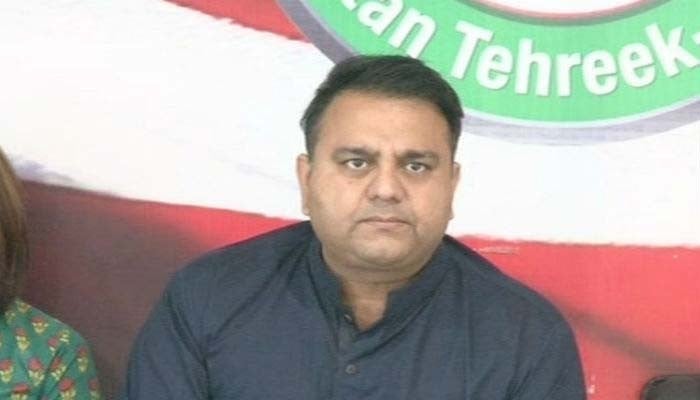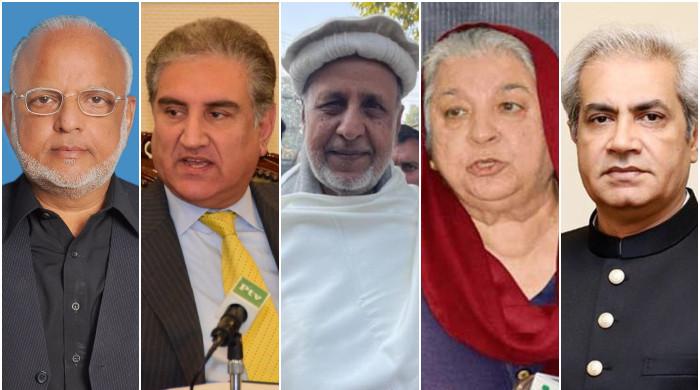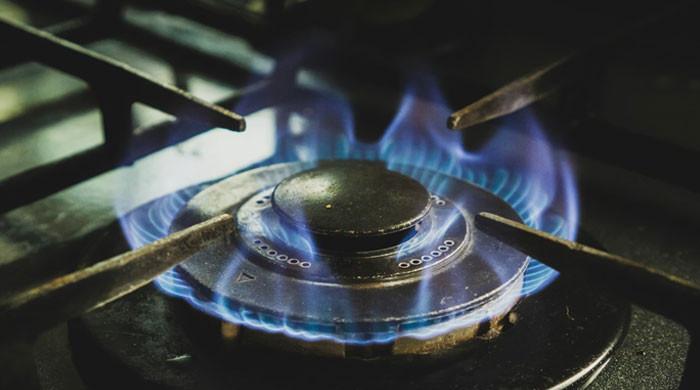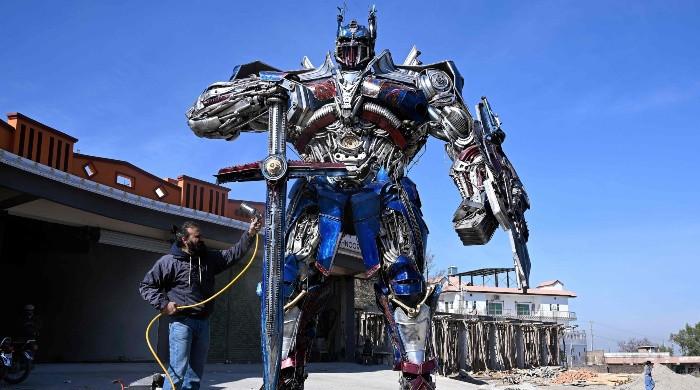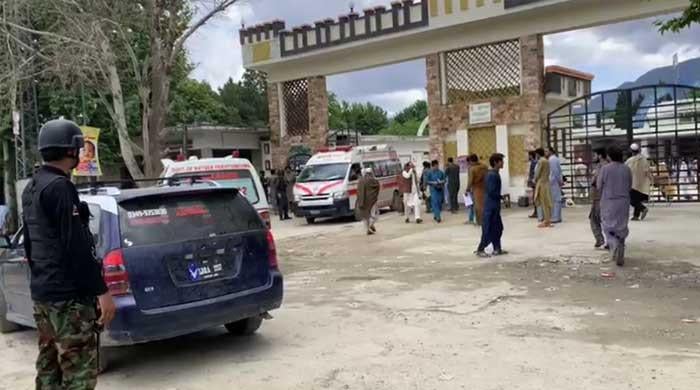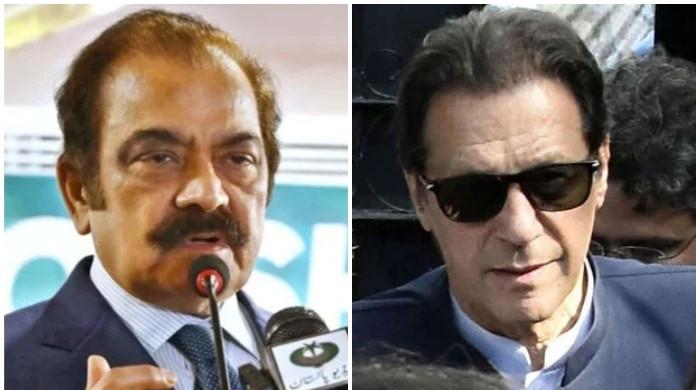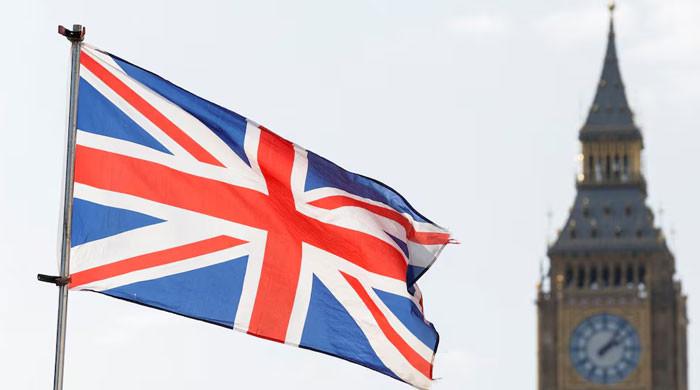Khawaja Haris withdraws from representing Nawaz in NAB references
Haris says Supreme Court 'dictated on completing the trial within a month'
June 11, 2018
ISLAMABAD: Former prime minister Nawaz Sharif's legal counsel Khawaja Haris on Monday recused himself from representing the former prime minister in the corruption references filed by NAB against the Sharif family.
Nawaz and his family are facing three corruption cases in the accountability court after the National Accountability Bureau (NAB) filed references against them in light of the Supreme Court's verdict in the Panama Papers case.
On Sunday, Chief Justice of Pakistan Justice Mian Saqib Nisarhad directed the accountability court to announce its verdict on all three corruption references against former prime minister Nawaz Sharif and his family within a month.
During the hearing, the chief justice rejected Nawaz’s former counsel Haris’ petition for completing the trial in six weeks, observing that final verdict against the former premier, his sons, daughter, and son-in-law should be announced within a month.
Announcing his decision to withdraw his legal services to Nawaz during the hearing of Al-Azizia reference today, Haris said the Supreme Court had 'dictated on completing the trial within a month.'
In a written note to the apex court, Haris said that the top court had not accepted his stance on the three references. "As a professional lawyer, I think the arguments for all of the three references [against Nawaz and his family] could be presented together," he observed.
Haris, during the hearing of Al-Azizia reference on June 4, had requested accountability court judge Muhammad Bashir to hear the arguments for all three corruption references jointly. "Sixty per cent of the arguments are the same in the three references," Harris had said.
The lawyer, in his letter, expressed inability to work on Saturdays and Sundays as ordered by the Supreme Court. Haris said he was 'dictated' to work beyond court hours.
Nawaz's former legal counsel remarked that he could not continue to work in the present conditions.
Following the announcement, accountability court Judge Muhammad Bashir inquired Nawaz if he would hire a new lawyer or convince Haris to represent him.
To this, the former prime minister asked for a few days for consultations over his legal representation in the matter. Nawaz then requested the court to adjourn the hearing.
The hearing of Al-Azizia reference was adjourned for till tomorrow (Tuesday). The Avenfield reference hearing will also be held on June 12.
Haris' decision came nine months after he has represented Nawaz in the three corruption references, which are possibly faced with a delay till the former prime minister hires the services of another lawyer.
'Haris' withdrawal a ploy to escape judgment'
Pakistan Tehreek-e-Insaf (PTI) leader Fawad Chaudhry on Monday said Nawaz's counsel recusal from defending the former premier was a ploy to escape judgment in the case.
“Harris’ withdrawal from the case is an attempt by the Sharif family to escape judgment in the references filed against them,” the PTI leader said while speaking to Geo News.
“Nawaz and his family do not have any evidence that they can present in court in their defense,” Chaudhry further said.
He further said, “There will be a huge question mark on the country’s justice system if a judgment is not given on the references against the Sharif family.”
The cases
The trial against the Sharif family had commenced on September 14, 2017.
The corruption references, filed against the Sharifs, pertain to the Al-Azizia Steel Mills and Hill Metal Establishment, offshore companies including Flagship Investment Ltd, and Avenfield properties of London.
Nawaz and sons Hussain and Hasan are accused in all three references whereas his daughter Maryam and son-in-law Safdar are accused in the Avenfield reference only.
The two brothers, based abroad, have been absconding since the proceedings began last year and were declared proclaimed offenders by the court.
The court originally had a deadline of six months which ended in mid-March but was extended for two months after the judge requested the apex court.
